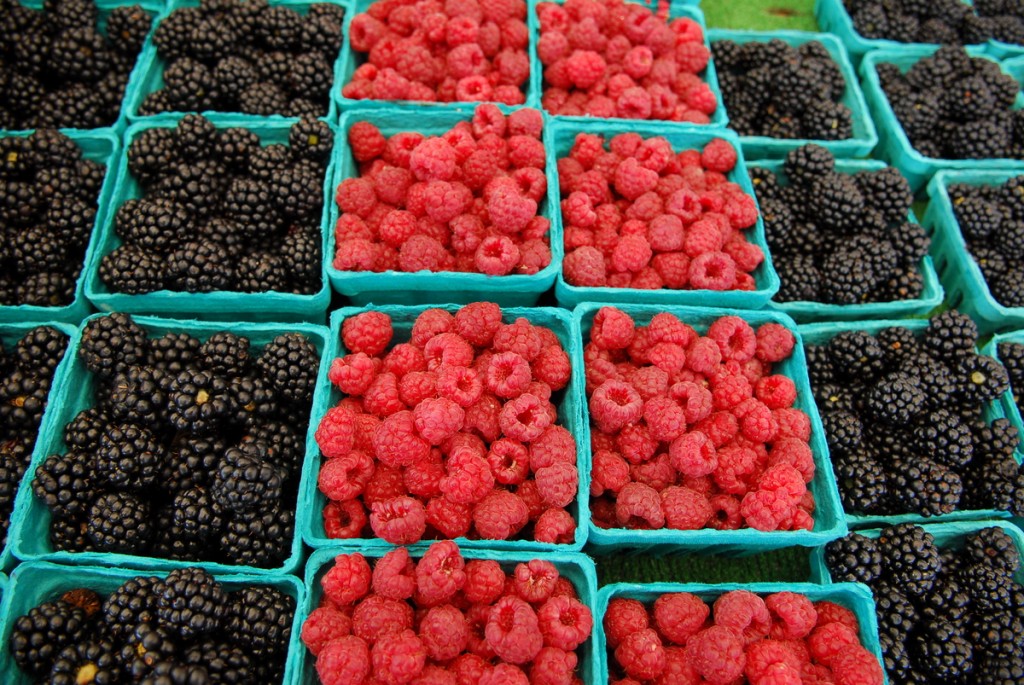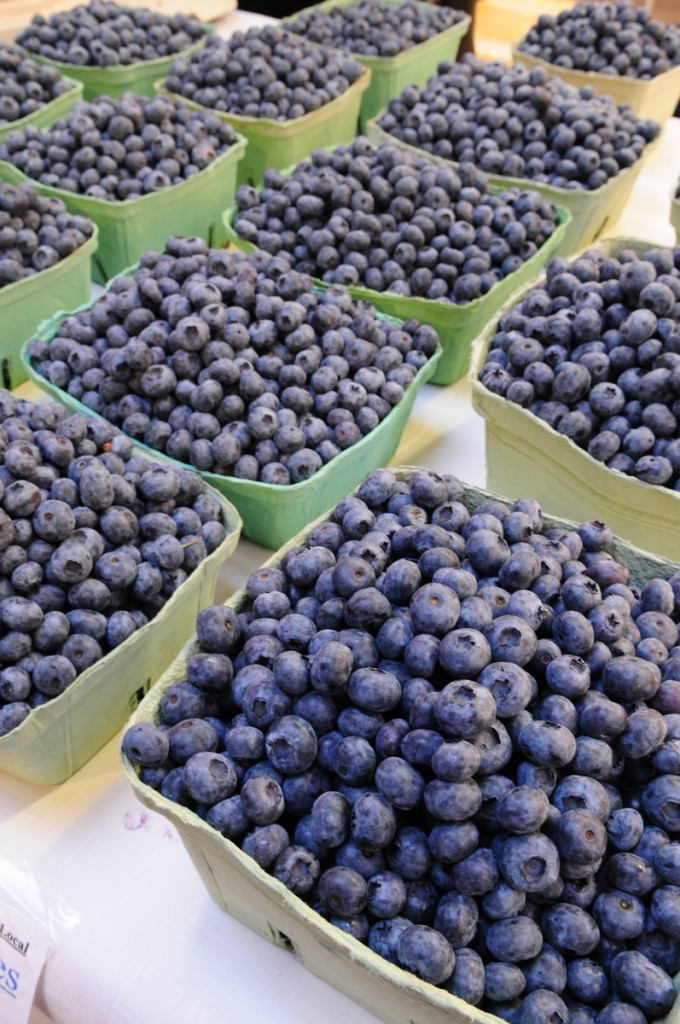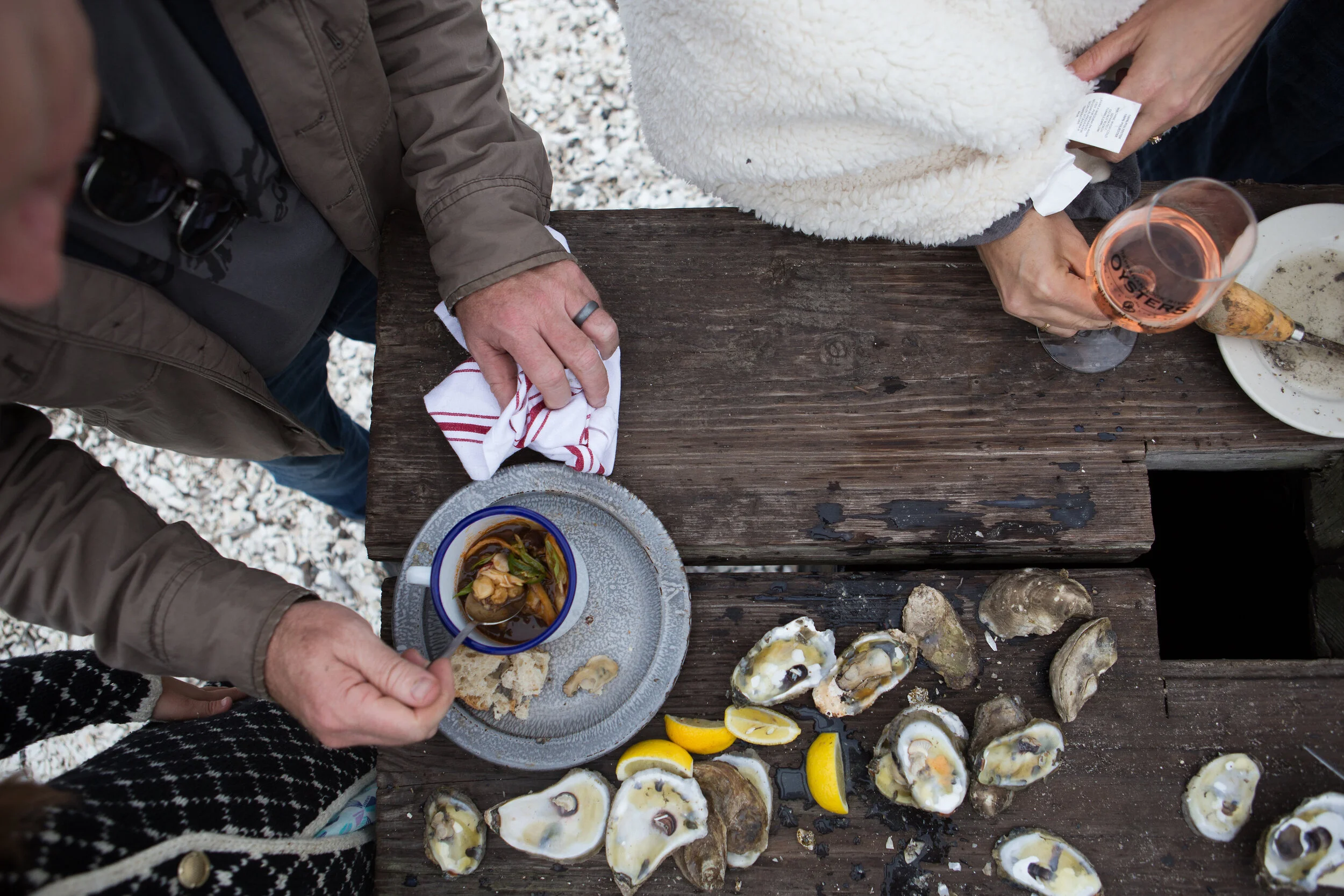Saving Summer - 10 Top Tips for Freezing Summer's Fruits
/ By Deb Moser, special to Edible DC. From our Summer 2014 issue.
By Deb Moser, special to Edible DC. From our Summer 2014 issue.
It is a sure sign that spring has arrived when the first local strawberries make their appearance in farm markets—bursting with flavor, bringing vibrant color at the end of a drab winter. We dream of sun-drenched days full of delicate red raspberries, overflowing cartons of juicy blackberries and blueberries bursting with flavor.
As spring eases into summer and fruit-filled menus intrigue us, now it is the perfect time to start thinking about next winter. Freezing our abundant fruits and berries now to later add to breakfast dishes, entrees, soup desserts and smoothies will make your recipes sparkle long after summer is just a memory..
Freezing fruits picked at their peak is a must as it will give you the best chance of preserving the integrity, nutritional value and, of course, the intense flavors. Frozen properly, most fruits can maintain their quality for eight months and up to one year. To maintain that quality, fruits should be stored in a freezer at zero degrees F. or colder. Higher temperatures can cause them to deteriorate. Investing in an inexpensive freezer thermometer can help you maintain the correct temperature, especially if your freezer is not a chest freezer.
We talked to our berry experts at Westmoreland Berry Fruit Farm in Westmoreland, Virginia, and Moody Blues Farm in Windsor, Maryland, for their freezing techniques that will help you keep your fruits in perfect condition to enjoy throughout the long winter months. So head out to the local farmers’ market and start dreaming of the blueberry cobbler you’ll savor next January.
10 TOP TIPS FOR FOR FREEZING SUMMER FRUITS
- Talk with your local farmers at the farm markets. They can tell you when the fruits will be at their peak. This is the best time to load up for freezing, especially if you have a chest freezer. With deeper freezers it is possible to freeze several flats of berries at a time.
- It is important to freeze your fruits right away to maintain their flavor and nutritional value.
- Gently wash and dry your fruits and make sure that they are completely dry before freezing. Do not soak the fruits in water as this will cause a loss of nutrients and flavor.
- For strawberries, it is best to remove the green tops and make sure there are no blemishes or moldy spots. For cherries it, is best to pit them for later use. Blackberries, blueberries and strawberries can be frozen whole.
- Stone fruits such as peaches, plums and nectarines should be peeled, pitted and can be sliced before freezing. Apricots can be pitted, halved and frozen.
- Place berries in a single layer on a baking sheet and place it in the freezer. You can line the sheet with parchment paper if you like.
- For smaller freezers, you can skip the baking sheet step and put the fruit right into airtight, zip-locked bags.
- When the berries are frozen, roll them into a zipper-top freezer bag or other heavyweight air tight containers.
- Because they are individually frozen, the berries won’t stick together and you can grab any amount you need quickly and easily.
- If using frozen berries in baking, gently toss the frozen berries with a little flour before adding to your batters.
Deb Moser is the co-founder and of Central Farm Markets and Meatcrafters, a food photographer, writer and trained pastry chef.



